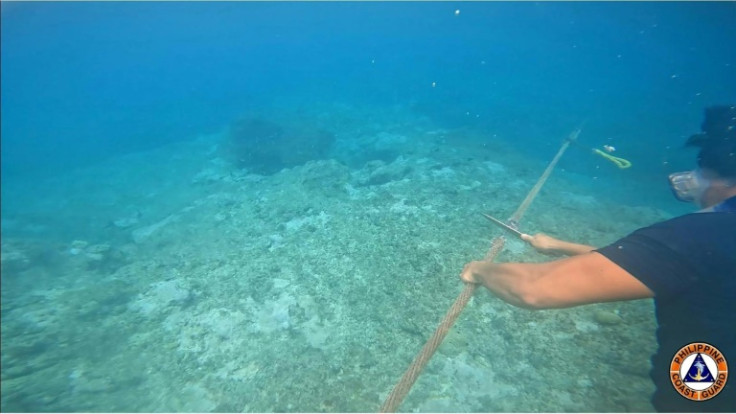
A group of environmental advocates have accused a Mexico-based startup of using endangered totoaba fish to make health supplements, noting that it is a violation of international trade law.
The environmental watchdog group, Cetacean Action Treasury, also expressed concerns that the startup was selling fish caught from the wild, illegally.
Blue Formula's health supplement, reportedly containing the collagen of the fish, comes in a powder form, with the company describing it as "nature's best kept secret," according to AP News. This health powder is supposed to be mixed in a drink to make it healthy.
As per the Convention on International Trade in Endangered Species of Wild Fauna and Flora (CITES), selling totoaba fish is illegal unless they are being bred with a permit. Totoaba fish has been listed as a protected species due to which commercial import is also banned under the United States trade law.
Cetacean Action Treasury first slammed the startup last month and now, on Thursday, the group has filed a written complaint to CITES along with the Center for Biological Diversity, National Resources Defense Council and Animal Welfare Institute.
While the startup has not responded to the written complaint yet, it has claimed the fish used for the supplement comes from Cygnus Ocean.
Cygnus Ocean is a farm that has a permit to breed totoaba and releases some farmed fish back to the sea by using some portion of their profit. However, the farm doesn't have a permit to export farmed fish for commercial purposes, as per the environmental groups, AP News reported.
Alejandro Olivera, the Center for Biological Diversity's Mexico representative, said the company might be using the farm to illegally trade totoaba fish in Mexico.
"There is no good enforcement of the traceability of totoaba in Mexico," Olivera said. "So, it could be easily used to launder wild totoaba."
In October, the U.S. Customs and Border Protection seized more than one million worth of totoaba bladders in Arizona, similar to the amount seized in Hong Kong in the same month, while being transported from Mexico to Thailand.
Last month, Olivera noted the Mexican government was slow in updating the endangered species list, which did not include the queen conch, even though it was among the vulnerable.
© 2025 Latin Times. All rights reserved. Do not reproduce without permission.







